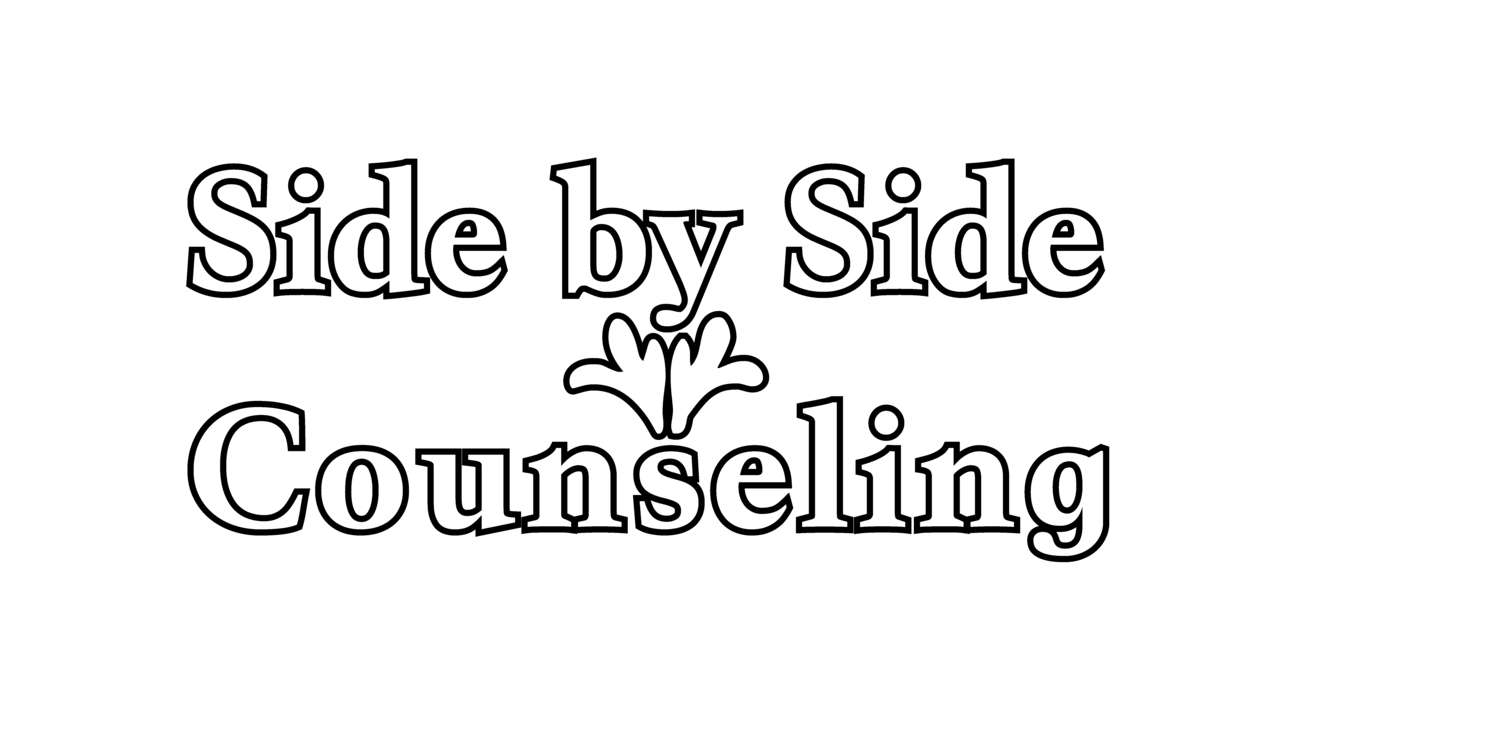Klutz vs. Klutzy
April 22, 2020
For all you pre-law folks out there, here’s a case for you.
Twice this week, at different times and in different places, I tripped and lightly twisted my ankle. Nothing serious or broken — just an annoyance. But the furious thought which went through my head both times was, “What’s wrong with you? You’re such a KLUTZ!”
Let’s break this down. I hurt myself, yet instead of stopping to rest, I got angry at myself. Most people experience automatic negative thoughts like this one ‚— some people more frequently than others. Thoughts like these can lead to sadness and worry, and sadness and worry can reinforce the thoughts, in a nasty vicious cycle.
Sometimes automatic negative thoughts are quieter and more insidious than the one above. I was lucky that this particular thought was loud enough for me to notice it. Because I noticed it, I was able to dissect it and to recognize that underneath my name-calling was the irrational assumption that I should have been more careful, so was, therefore, to blame for tripping.
If I had stopped to question this assumption, I would have remembered that twisting my ankle was an accident. Just because I was “klutzy,” didn’t mean I deserved the more permanent and derogatory label of “klutz.”
COVID-19 is a petri dish for automatic negative thoughts. The virus is playing a cruel cosmic joke on those who worry about health, as one of its main symptoms — difficulty breathing — mirrors a symptom of panic. So it’s easy to get into a vicious cycle of panicking, struggling to breathe, panicking more, and so on. When this cycle happens, here’s what you can do:
· Interrupt the cycle by slowing down your breathing and grounding your body. It helps to count backward from 10, 20, or 100, place your feet on the ground, and to focus on what you see, smell, and hear around you.
· Once you can breathe again, try to identify the thought which triggered the worry and to develop an alternate, more rational thought. For example, “Even if this is the worst-case scenario and I have the virus, I’ll do the best to take care of myself, and the vast likelihood is that I’ll recover.”
· You can then distract yourself with friends, family, chores, movies, books, hobbies, or sleep. You’ll probably feel better soon.
Sometimes, even if you know a thought is irrational, it’s deeply rooted in your belief system. There are many strategies to begin uprooting these beliefs, but one place to start is to put a thought on “trial.” Ask yourself, “Is this thought black and white, when the truth is gray?” “Is there any evidence for this thought, and if so, could I be misinterpreting or exaggerating the evidence?” “Am I having this thought out of habit?” “What would my best friend say?”
So was I a klutz, or just klutzy? You be the judge.
If you have concerns about anxiety or depression, reach out to me or to another mental health provider.
You can also refer to the National Alliance on Mental Illness (NAMI).
This blog post originally appeared on the Carthage College website. It has been republished with permission.
